How to make wool fabric
The answers to these questions will come from the Bryansk worsted factory, which specializes in the production of worsted fabrics.
Worsted spinning (from it kammwolle - combed, combed wool) - combed spinning of wool. According to its design, structure and appearance, worsted fabrics differ substantially from cloth fabrics. Worsted fabrics are produced from a long, uneven wool, exposed to spinning combing. Worsted yarn is much thinner than cloth yarn, it is not fluffy and is usually applied twisted at two ends.
The surface of worsted fabrics, unlike cloth cloths, is open, perfectly smooth or slightly fleecy, and the interlacing of threads appears prominently on the surface of the material, the felt-like layer from the roll, as was the case with cloth and drapes, is absent.
According to the raw material, worsted fabrics can be pure woolen, half woolen, when cotton yarn is applied along with wool, and mixed, when other fibers are added to the wool (usually short-fiber artificial silk).
Worsted production (production of woolen fabrics) begins with the preparation of raw materials. The raw material goes to the combine in bales.
The wool in the bales is already washed and cleaned.
Sorters need to manually disassemble the bales of wool and prevent the ingress of defective wool into the production process.
This is a reminder for the sorter. Such hair is laid aside.
So the future suit looks like :)
Disintegrator cleaning machine. Wool in it literally flies in tatters!
We disassemble the production of half-woolen fabrics. For their production we will need not only wool, but also synthetic fiber. For example, lavsan. Sorters also disassemble bales of synthetic fiber and load it, but already into another leavening machine.
Loose and purified raw materials (wool and synthetic fiber) through the pipes enter the next shop.
It's time to comb the hair on the card machine, get rid of fibers less than five centimeters in length and contamination. We also unravel the fibers of the wool and distribute them to parallel strands.
Do not be scared. In the photo we comb the synthetic fiber.
Combed parallel fibers in the form of a coil of loose tape - tops of the first carding.
The next stage of production. Tops the first carding again we scratch and compact. We get a hank of tops of the second carding.
In the production of wool yarn, special conditions must be created. The humidity of air should be 75-90%. Installed under the ceiling sprinklers, create the necessary level of humidity.
Tops the second carding ready.
Finished tops.
Well. Woolen fibers are combed, cleaned of dirt, laid in parallel strands and sealed. Go ahead.
We are combing the woolen fibers again, freeing up the residue of the contamination and further compacting.
Almost twice the packed fiber is placed in circles in large cylindrical containers.
The initial wool is light, but for the production of multi-colored wool yarn, we need wool of different colors. At the next stage we paint, wash and dry the wool and synthetic fiber.
Passage between the shops.
Painted woolen or synthetic fibers are fed to a roving machine, where
they are combed again and stacked in a thin and even denser ribbon. It is at this stage that woolen and synthetic fibers are encountered, which up to this point have traveled in different ways.
Roving machine.
Another roving machine, but works with fibers of a different color.
Rovnitsa, which then goes to the spinning machine.
These things are wound around the roving.
Spinning machine on which the roving is stretched and tightly twisted. So a woolen thread is born. A woolen thread (woolen yarn) is wound on a spool.
Operator of the spinning machine.
And this is a spool with woolen yarn.
Evaporator with a steam chamber. In this thing, the yarn is spun on spools, so that it does not twist when rewinding to reels.
The rewinding machine. He rewinds woolen yarn from a spool to spools.
A trolley with empty spools.
Temporary warehouse.
If you look at the surface of the fabric from the front side to the lens, you can see how the individual threads running along the piece - the base - are intertwined with the strands of the transverse direction - the duck. The warp threads run parallel to each other along the entire piece of fabric. Therefore, before the main yarn goes to the loom, it is necessary to lay its long threads in rows. To do this, they are wound parallel to the common roller - navaya.
In this case, the warp threads must be strongly stretched, so that during the weaving process they are closely interlaced with weft threads. Do this on the back machine.
Weaving machines. The air must be moistened.
Finishing site for worsted fabrics. Here, dyeing fabrics, drying, decaffeinating and so on.
On these rails, an electric hoist is moved on the ceiling.
In the far corners of the plant you can observe such a picture.
The brewing shop. The finished fabric is carefully checked for tears and foreign inclusions. Tears are darned, inclusions are removed.
Who worked? Who is tired? The lunch hour has come!
Factory canteen Bryansk worsted plant.
Bryansk worsted factory supplies cloth for sewing uniforms for ministries and departments. The tender for supply is held 2 times a year and the contract for the supply of fabric is only for six months. The management of the plant is concerned with such a short contract term and wants to increase it to three years.
With the increase in the contract for the supply of fabrics, the management of the plant believes that it will be possible to confidently predict the further development of the plant, the expansion and renewal of the machine fleet and the training of personnel, and the expansion of production.
And here are samples of uniforms made from the fabric of the Bryansk worsted factory.
Samples of the school uniform.
Uniform clothes of JSC "Russian Railways".
We leave the combine.
That's how we got acquainted with worsted production at the Bryansk warden factory.
Link on the topic. Production of linen fabrics at the Kostroma linen manufactory.
Vote for my post and subscribe to my blog @frocush!
Find me! LiveJournal | Facebook | Instagram
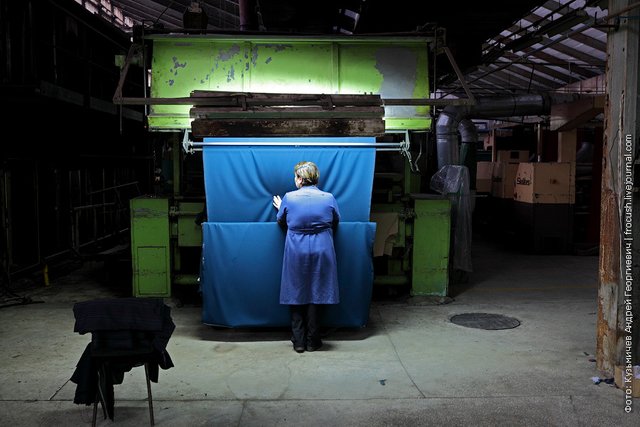
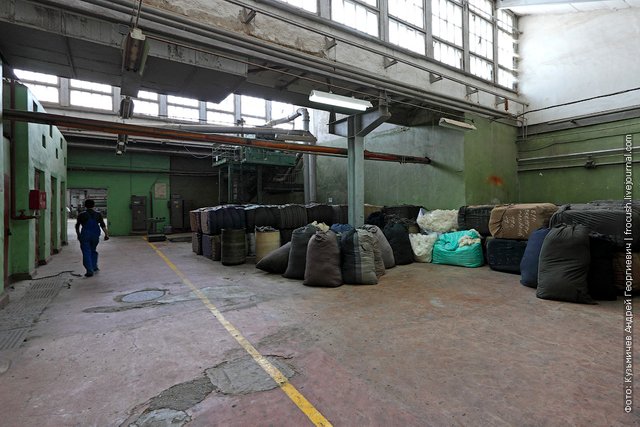
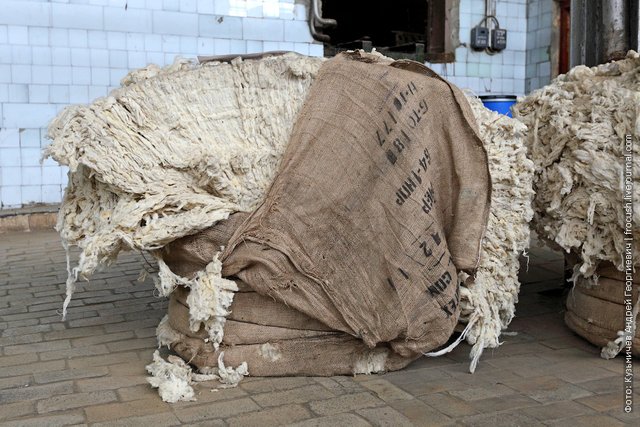
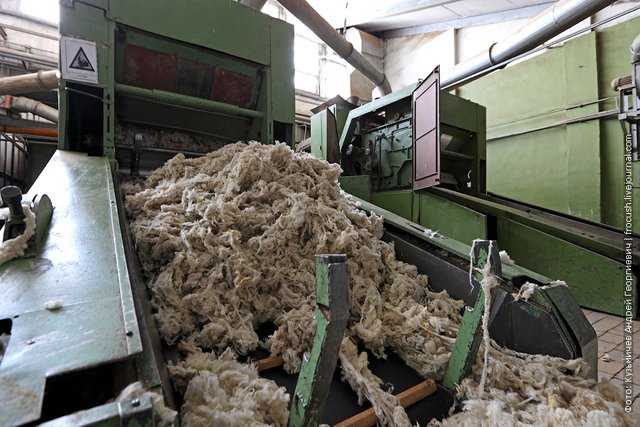
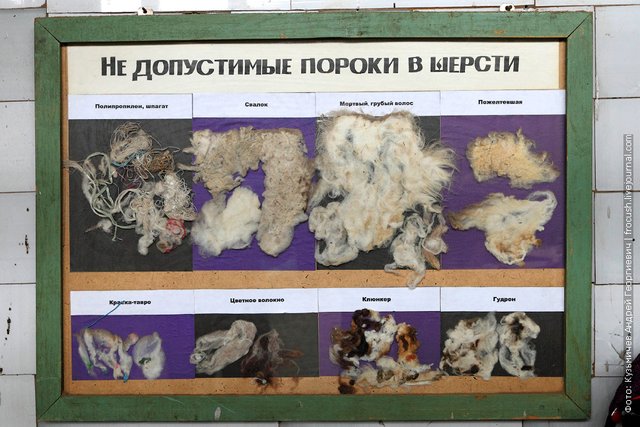
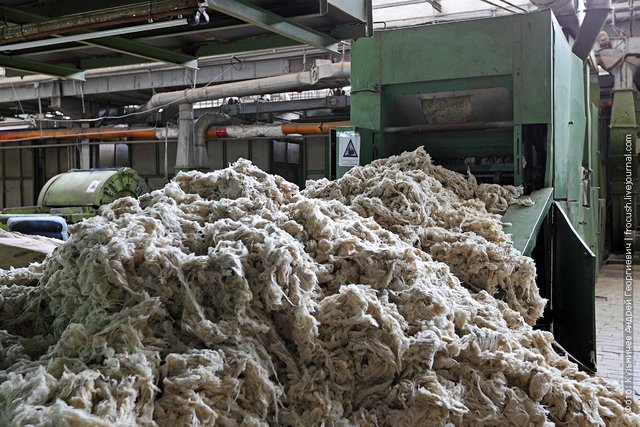
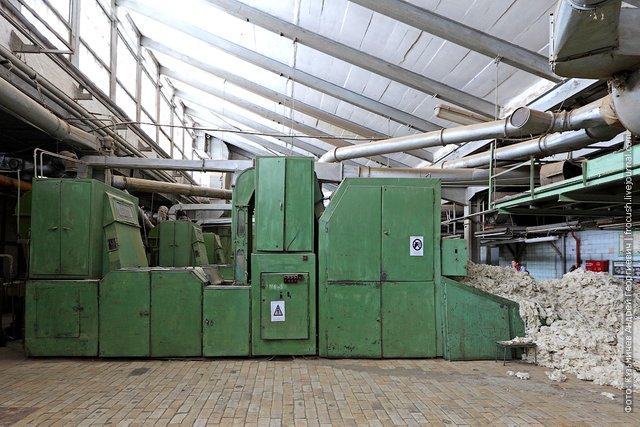
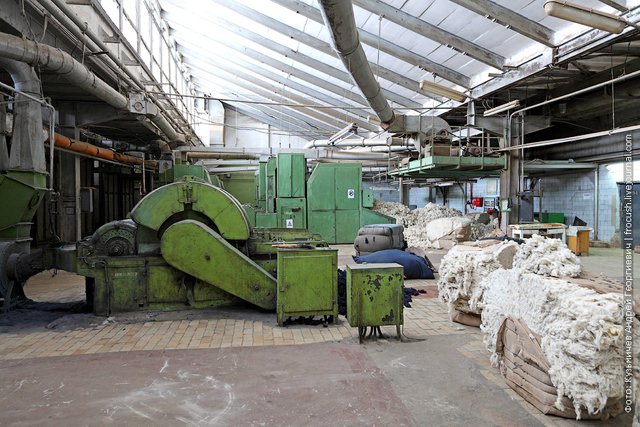
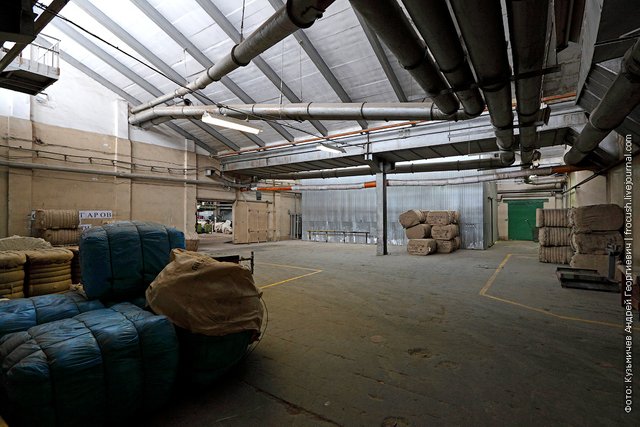
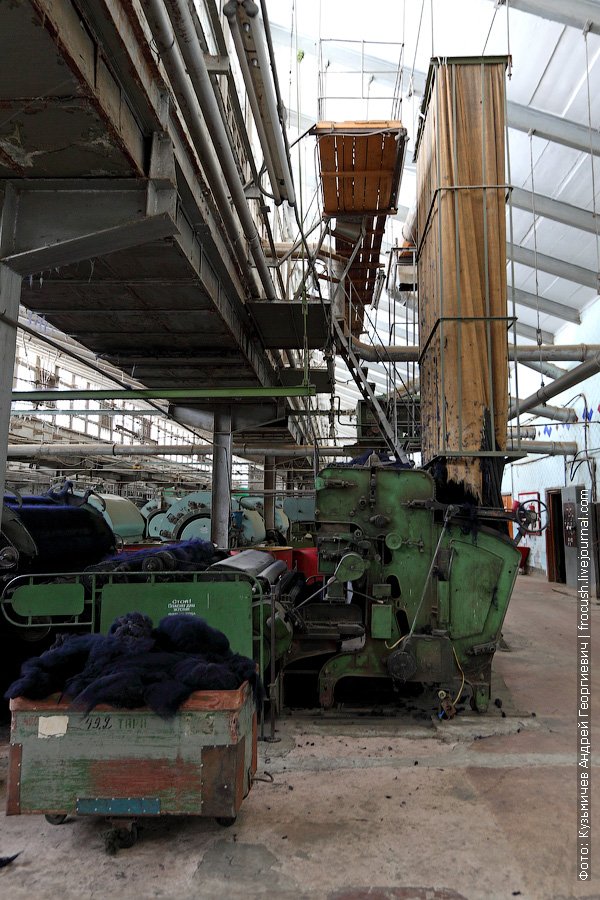
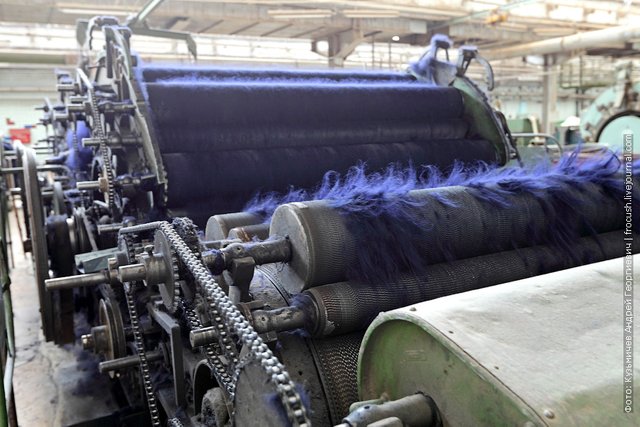
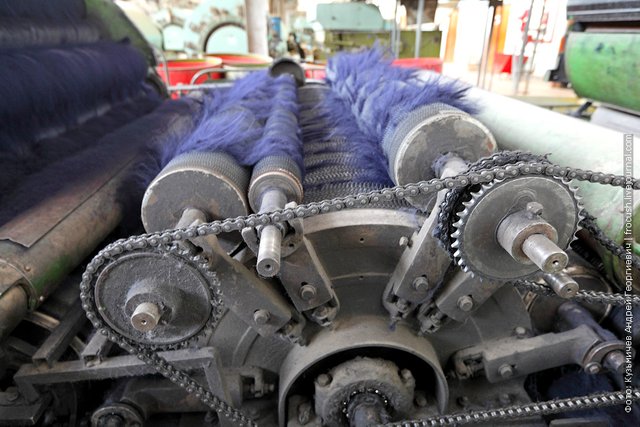
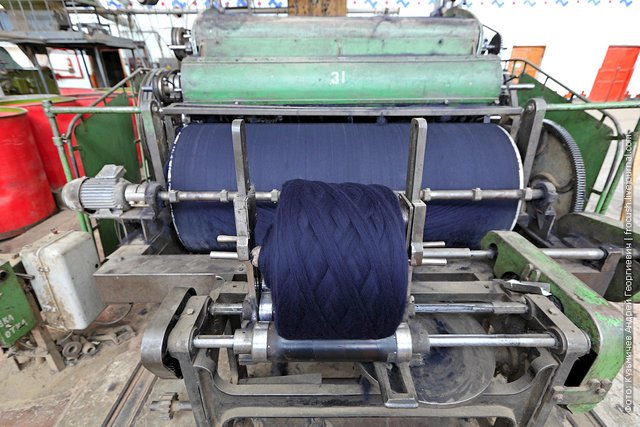
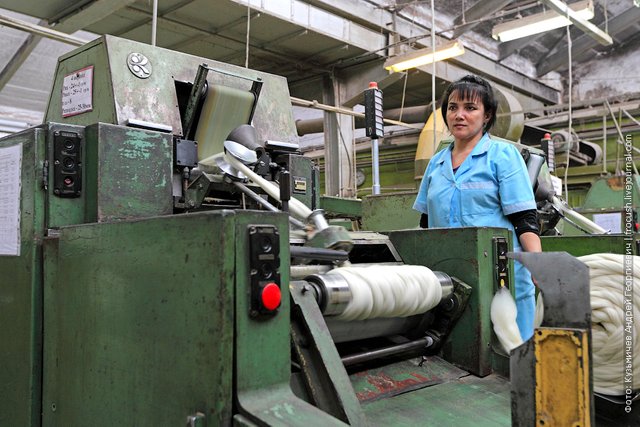
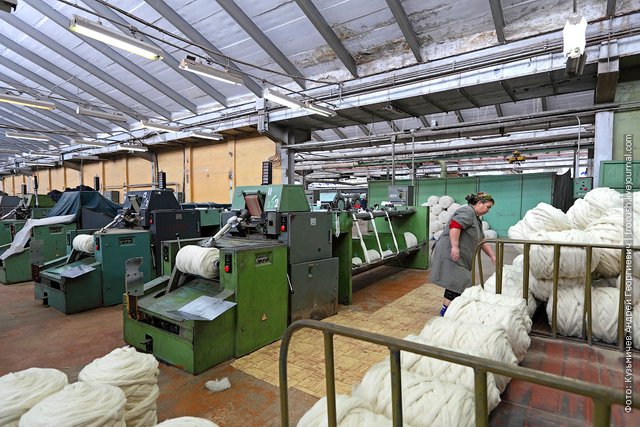
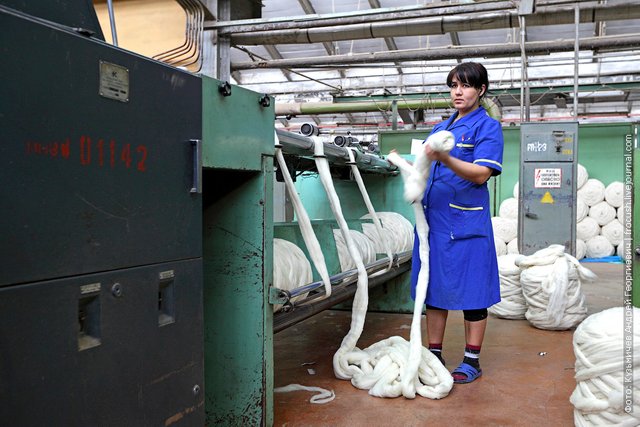
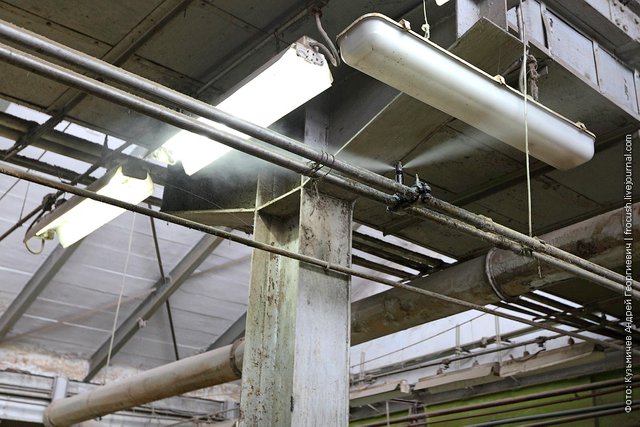
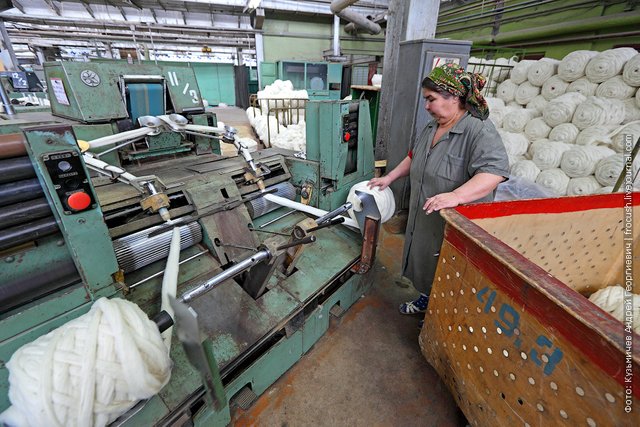
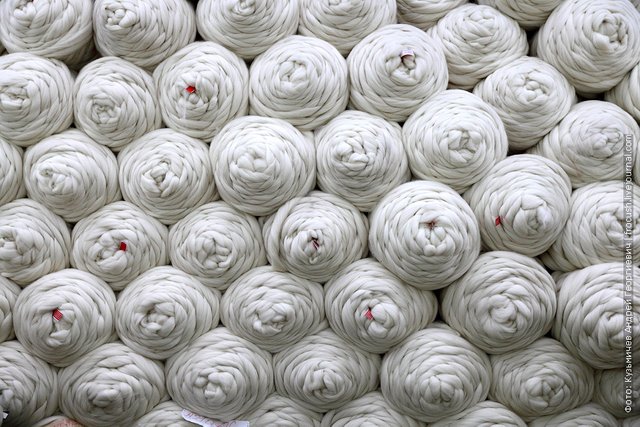
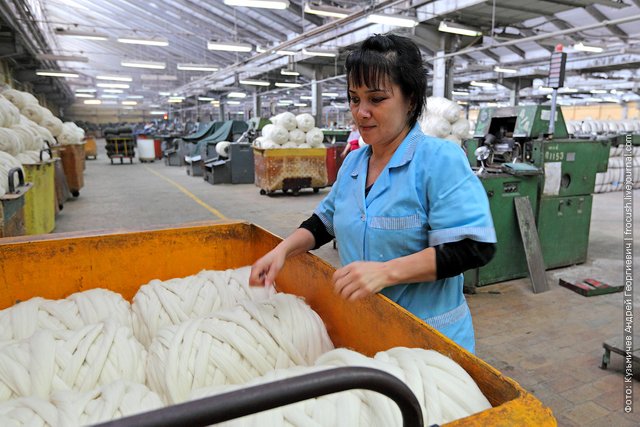
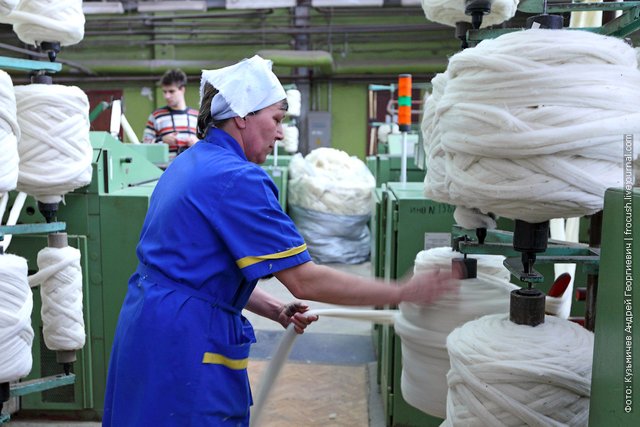
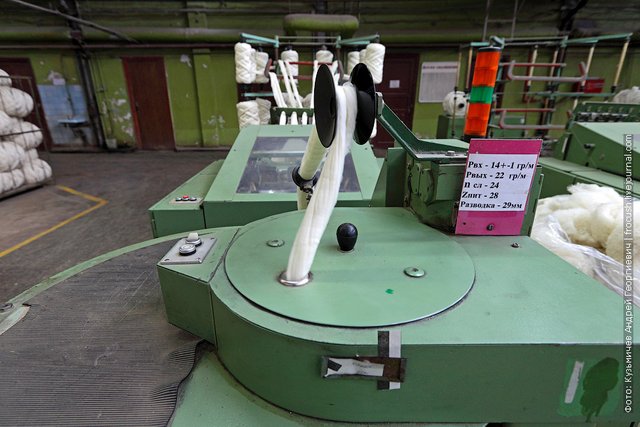
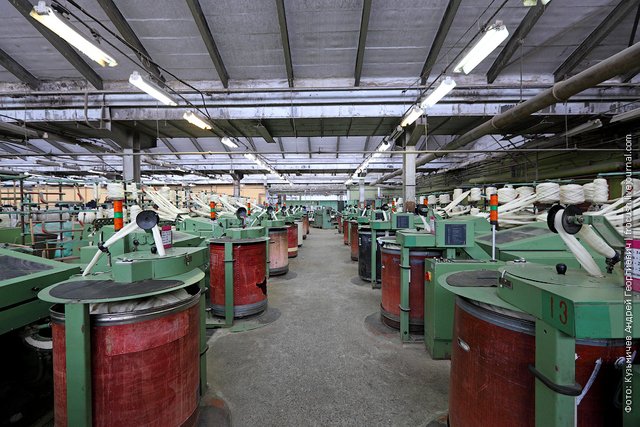
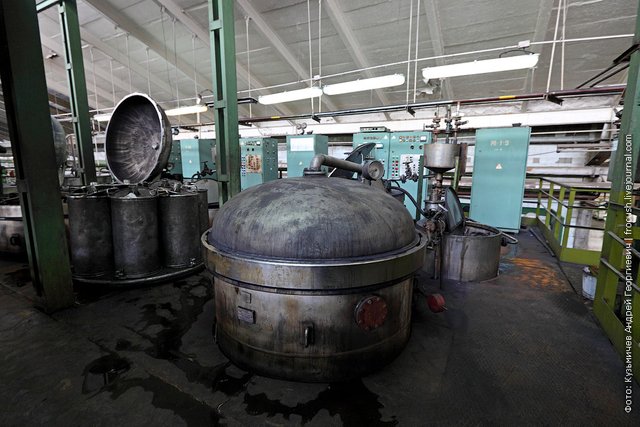
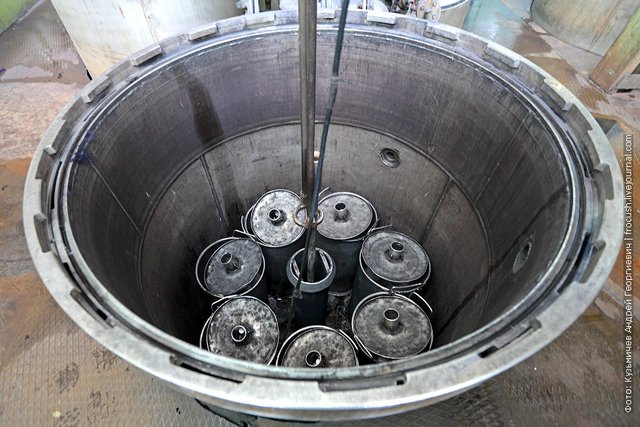
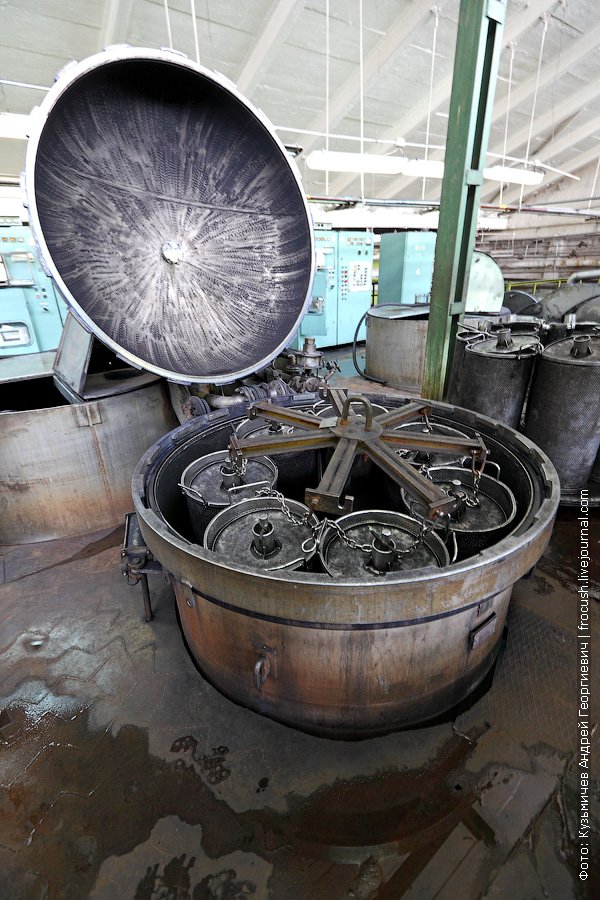
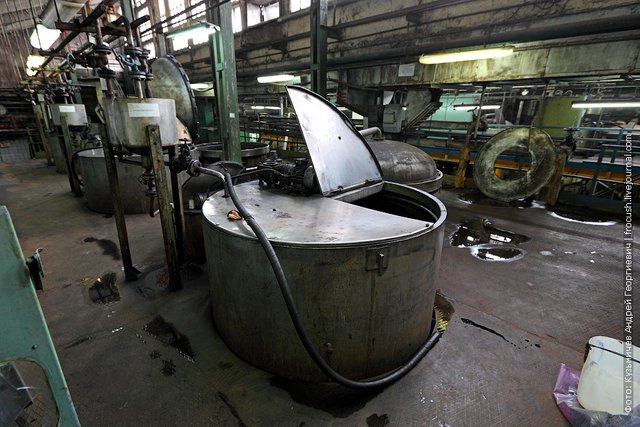
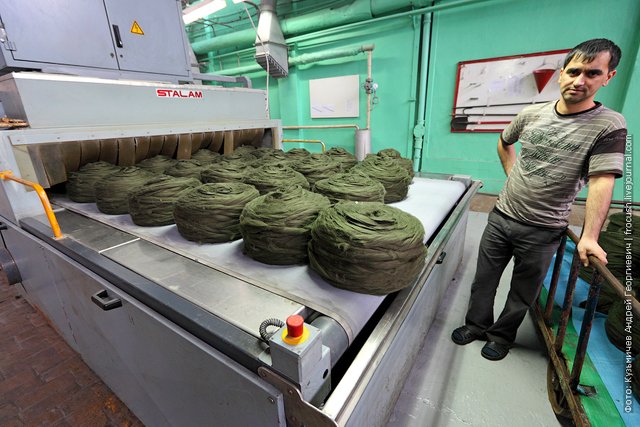
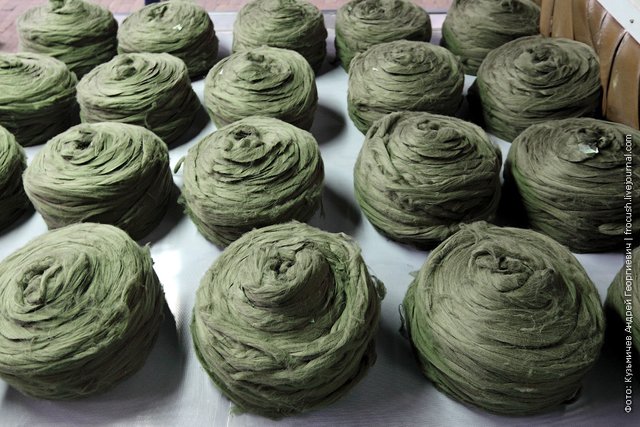
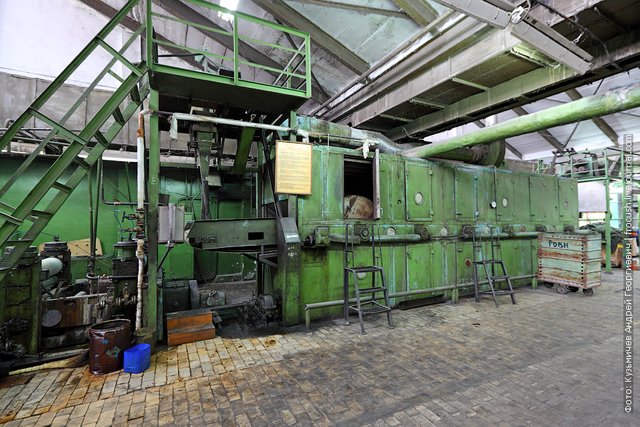
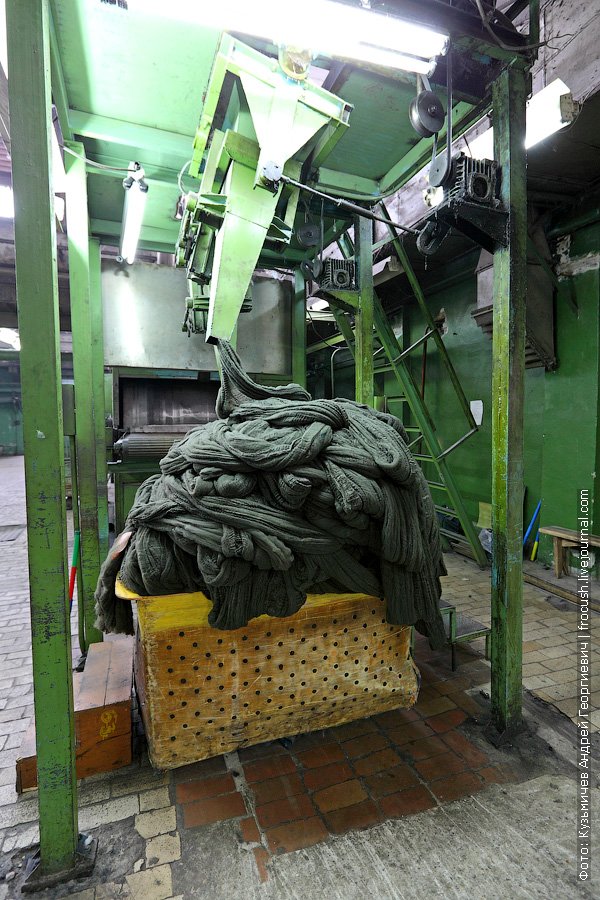
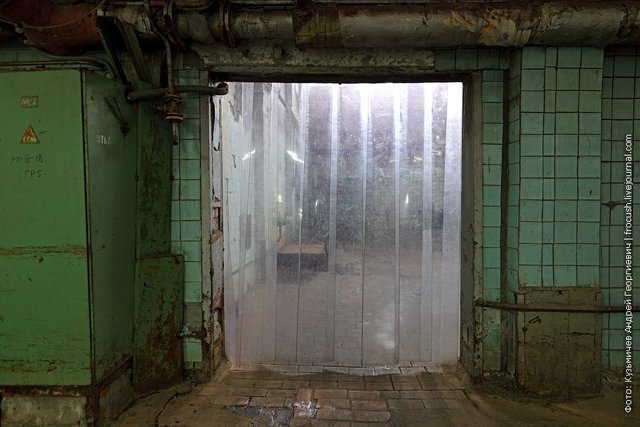
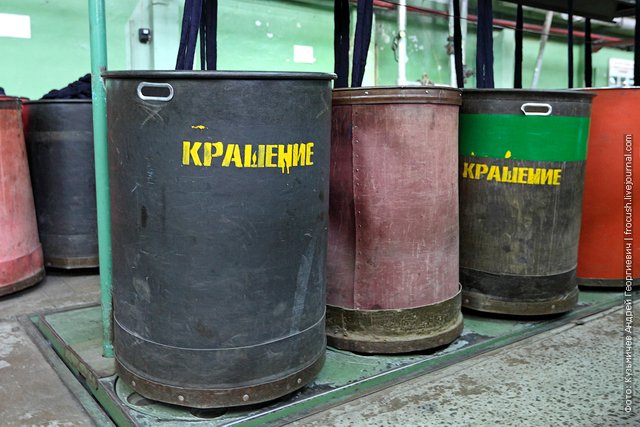
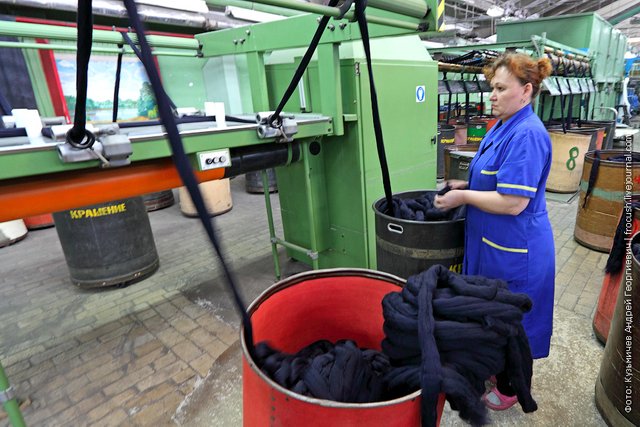
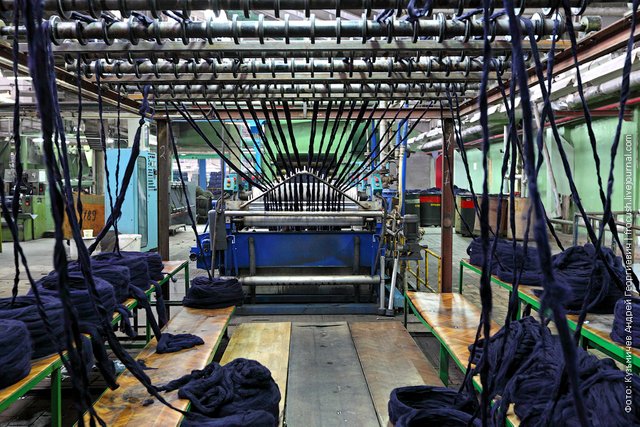
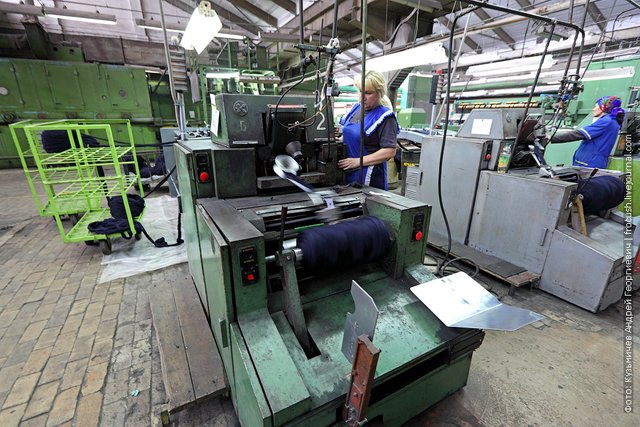
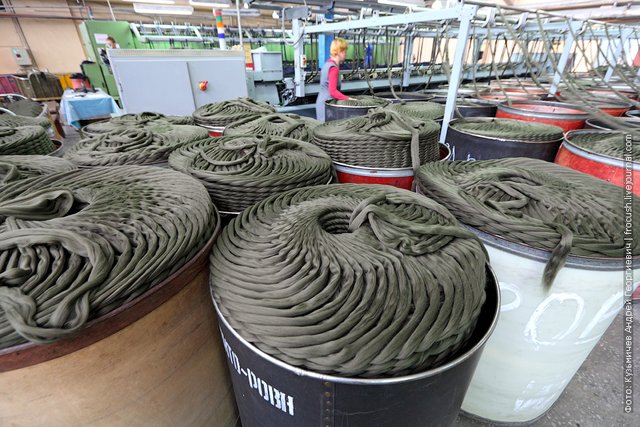
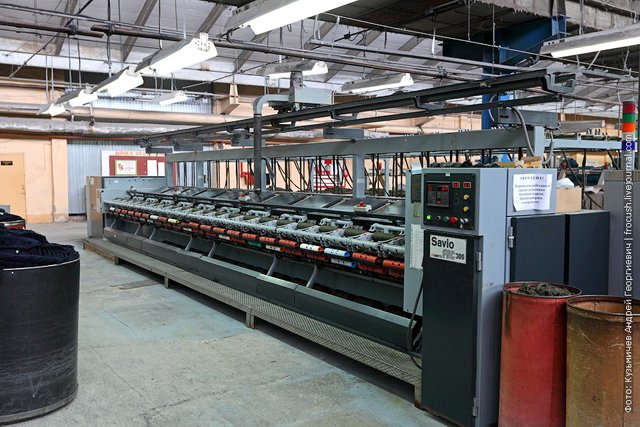
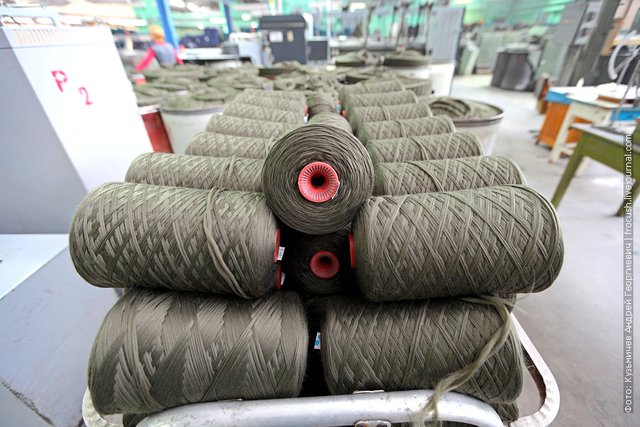
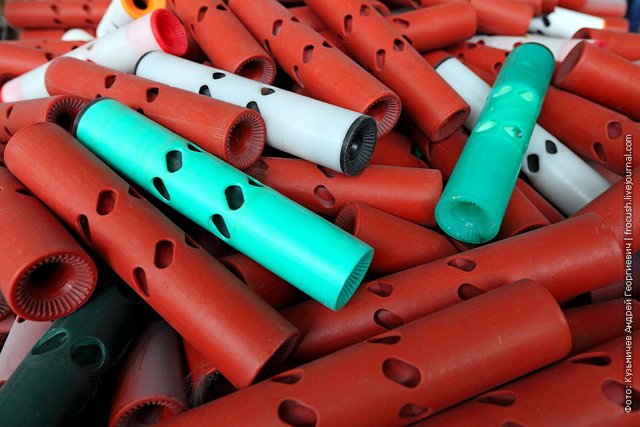
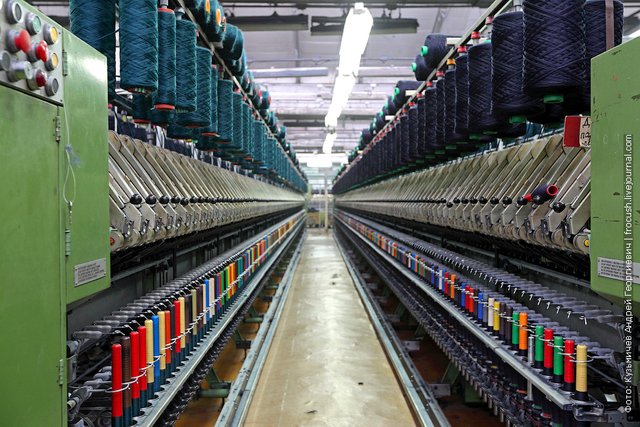
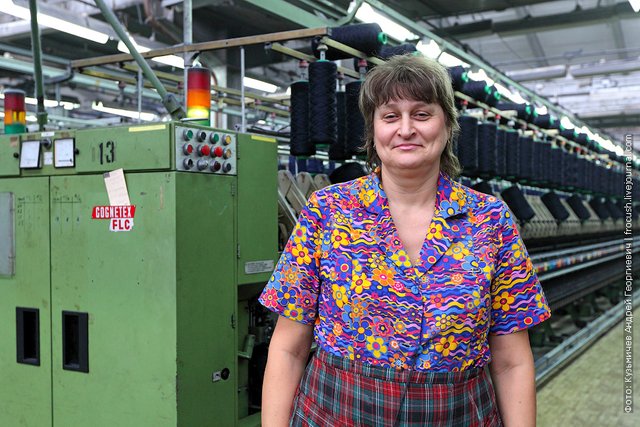
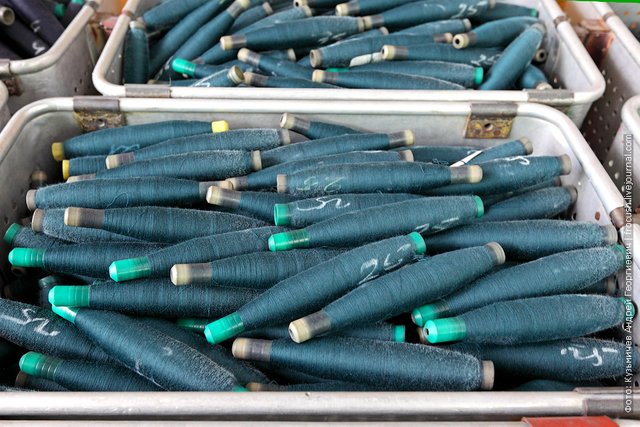
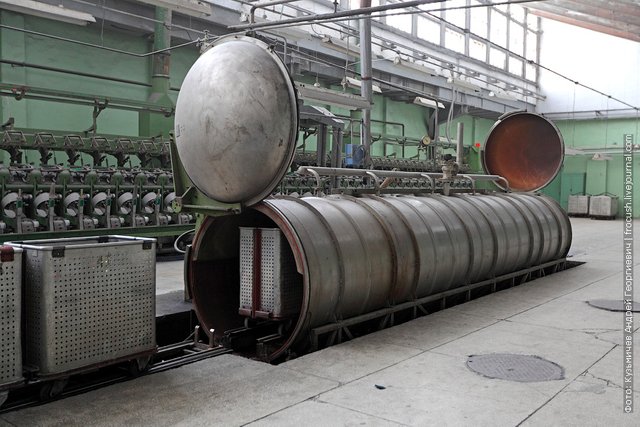
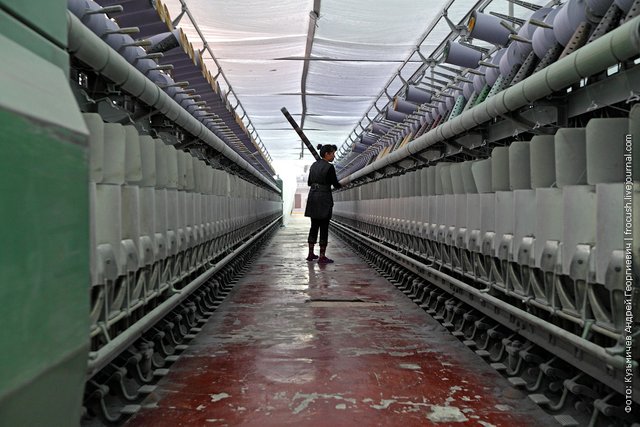
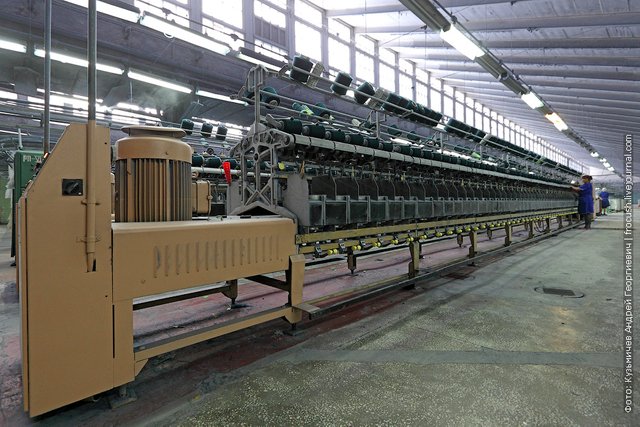
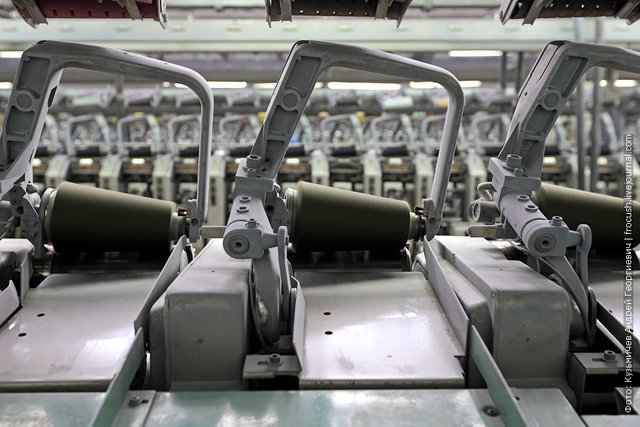
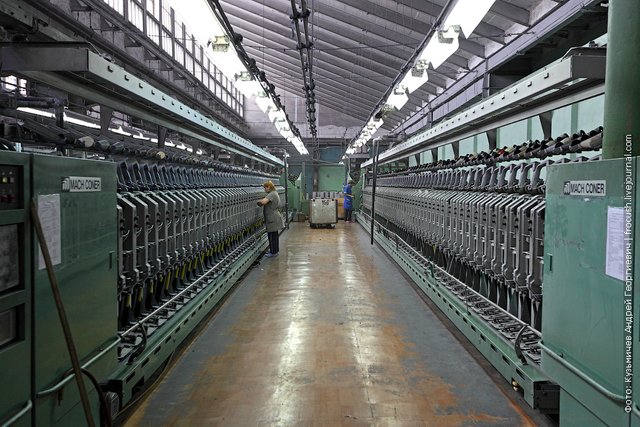
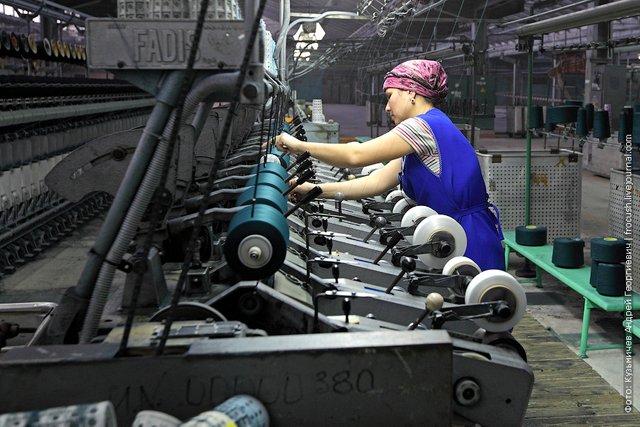
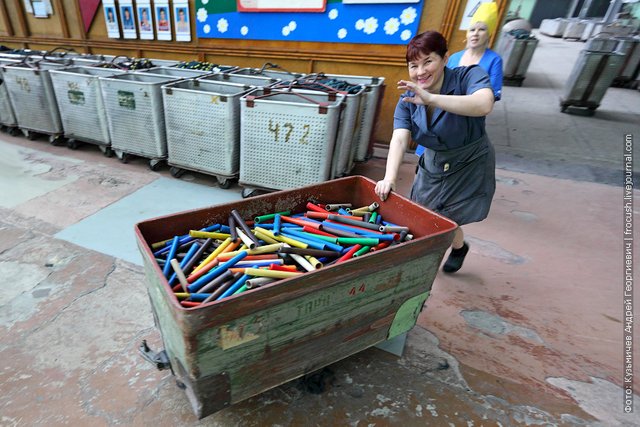
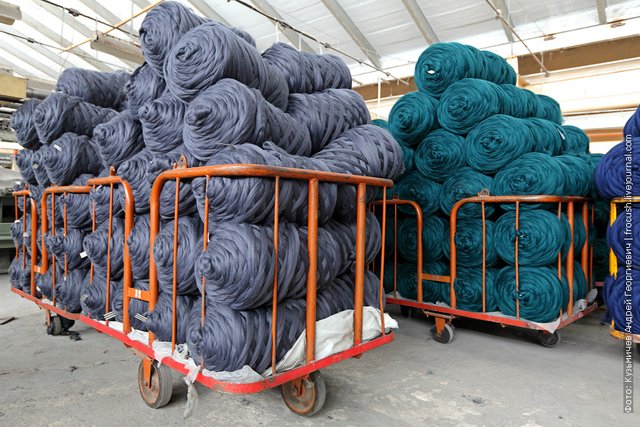
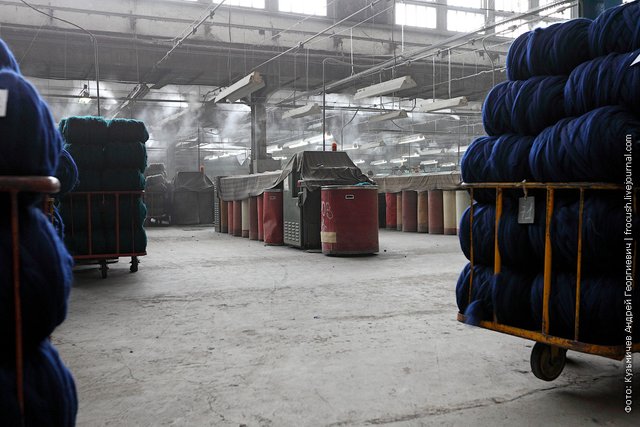
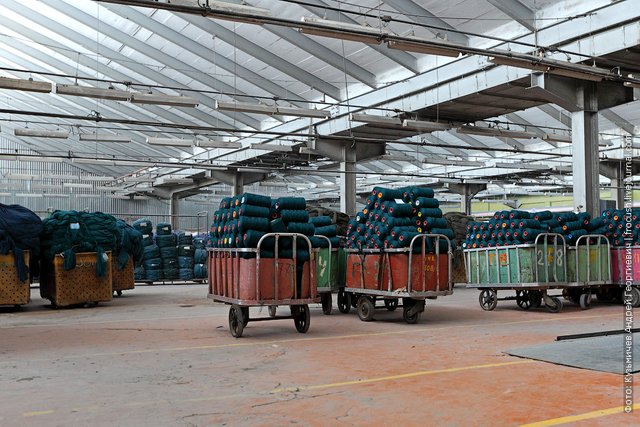
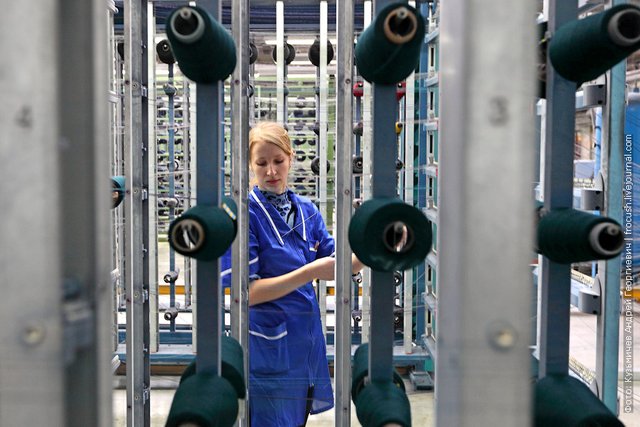
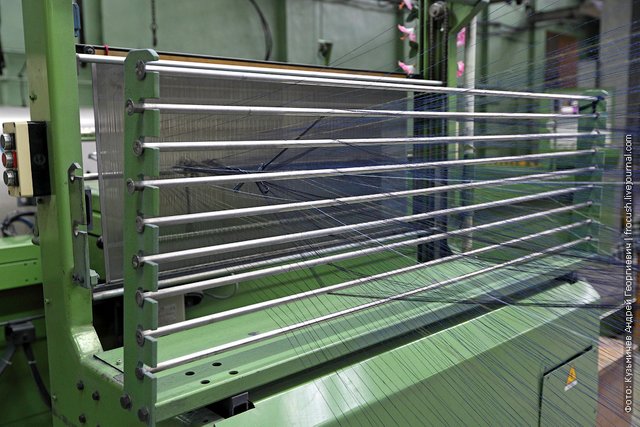
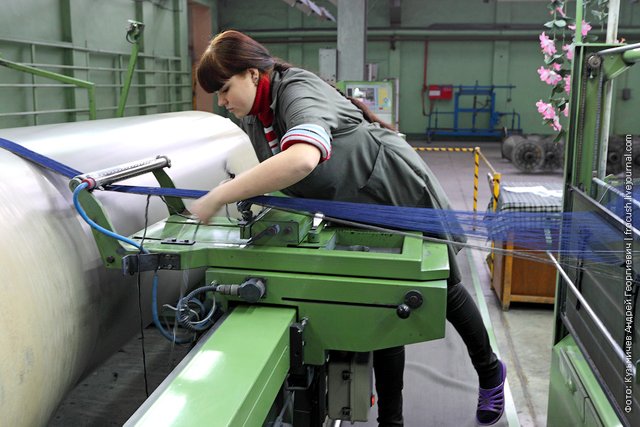
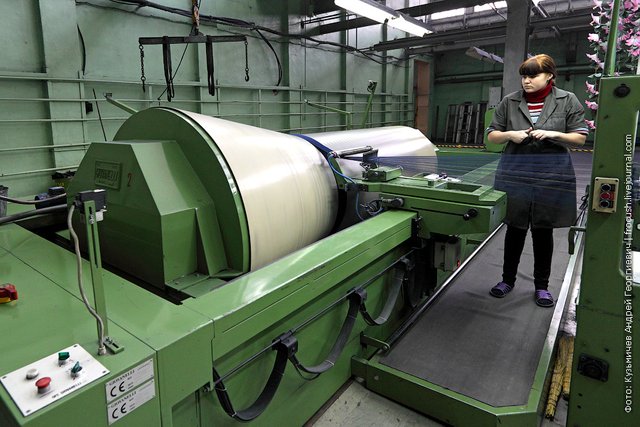
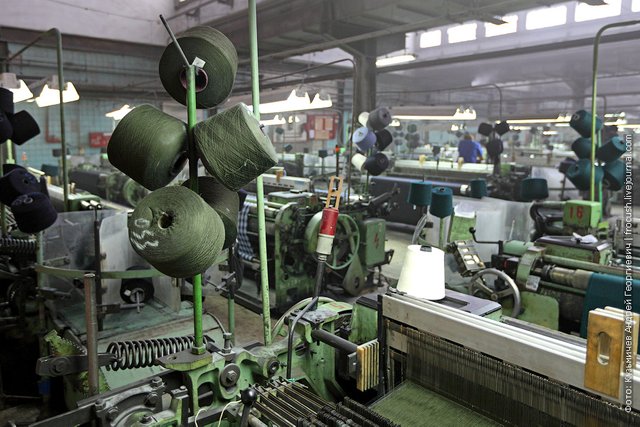
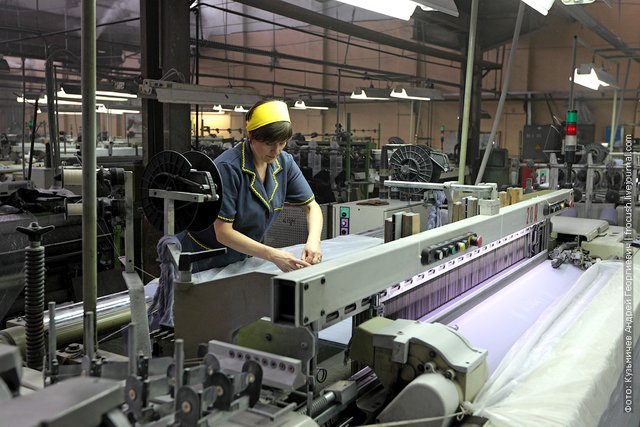
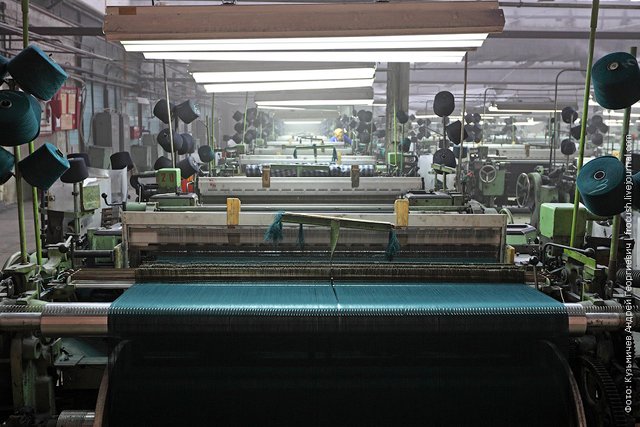
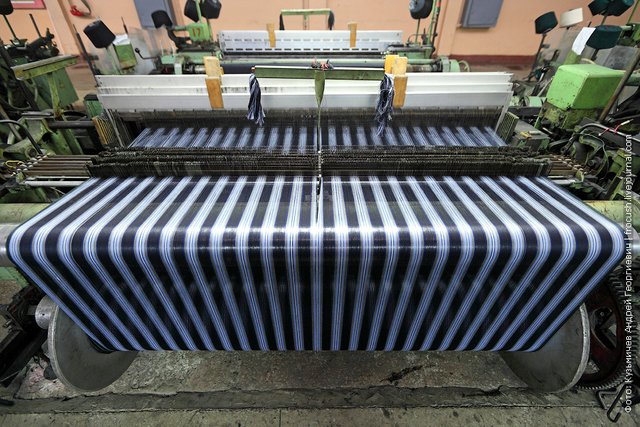
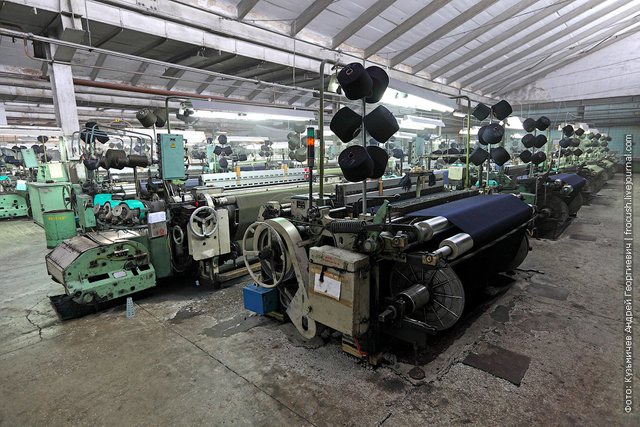
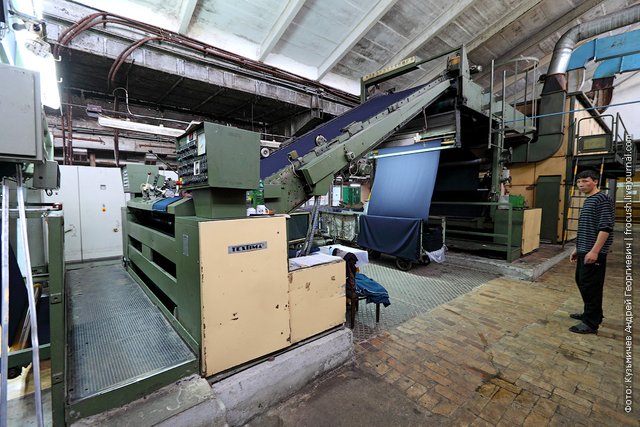
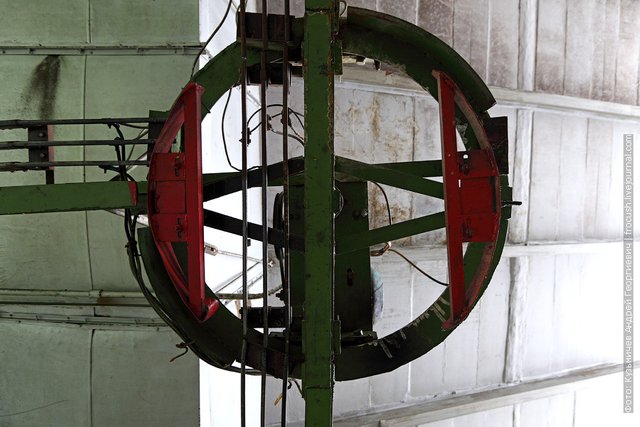
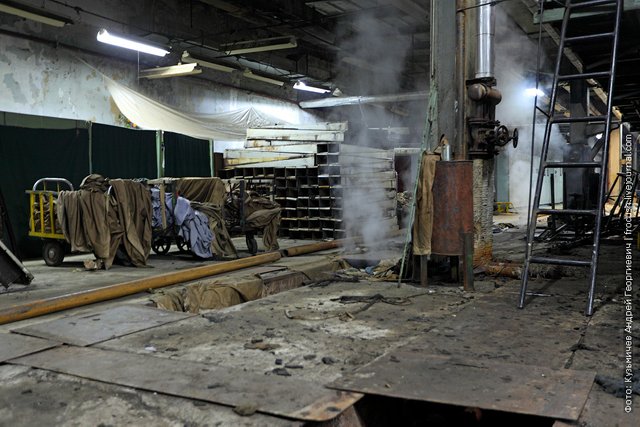
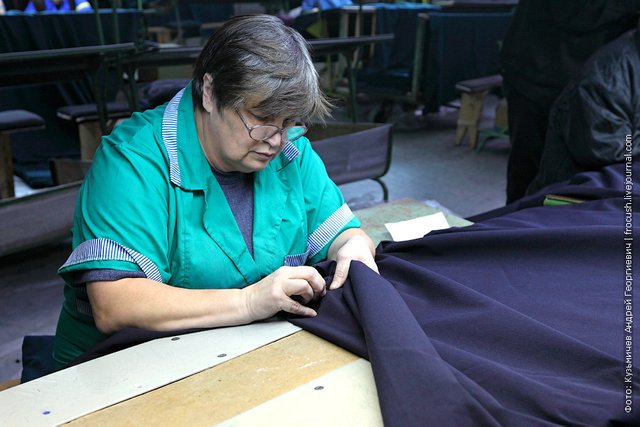
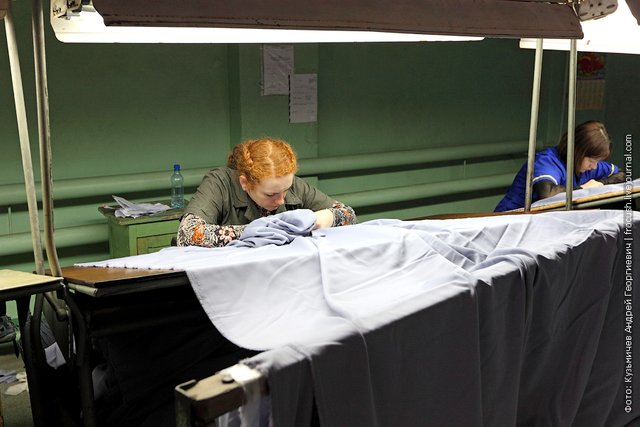
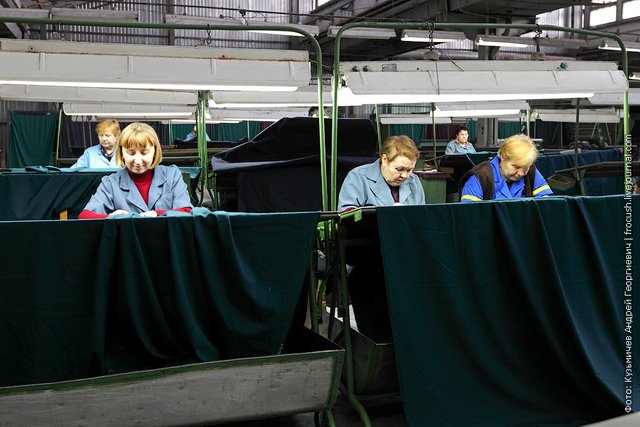
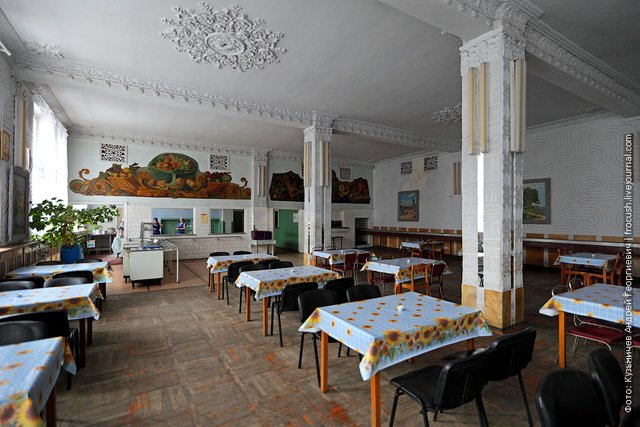
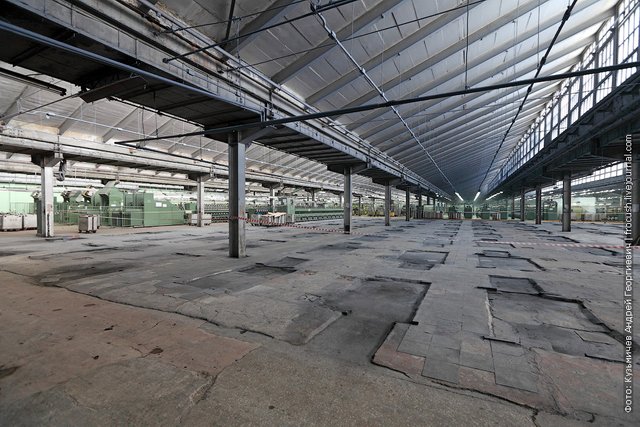
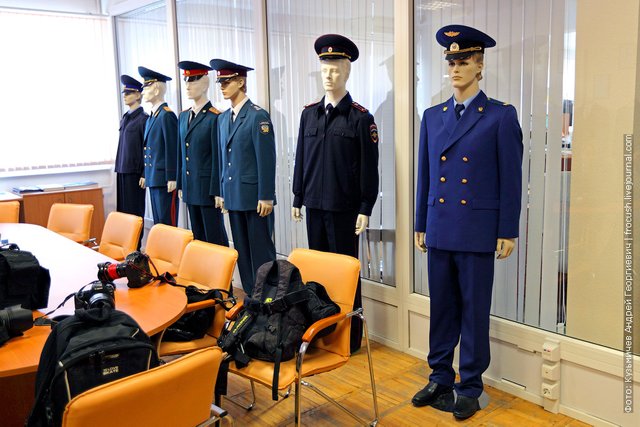
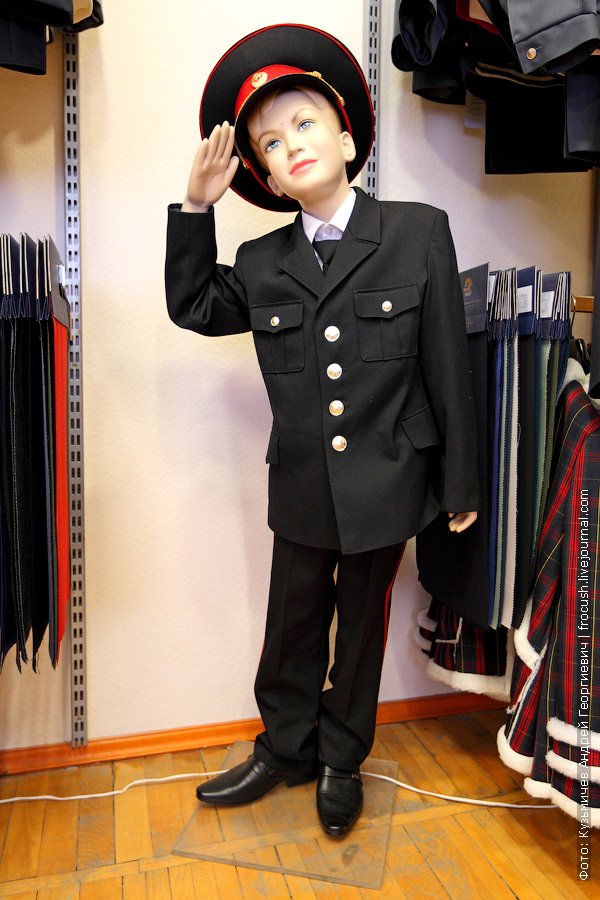
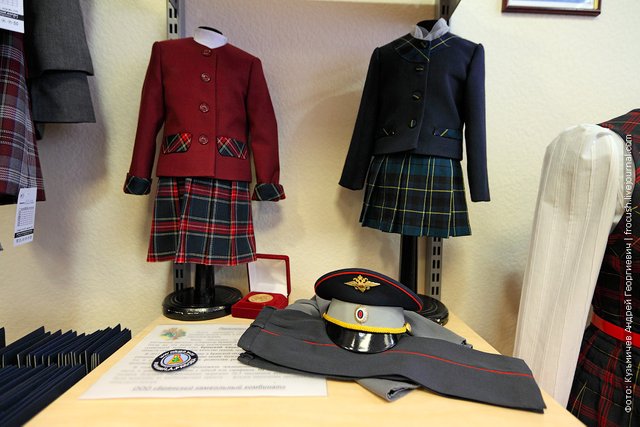
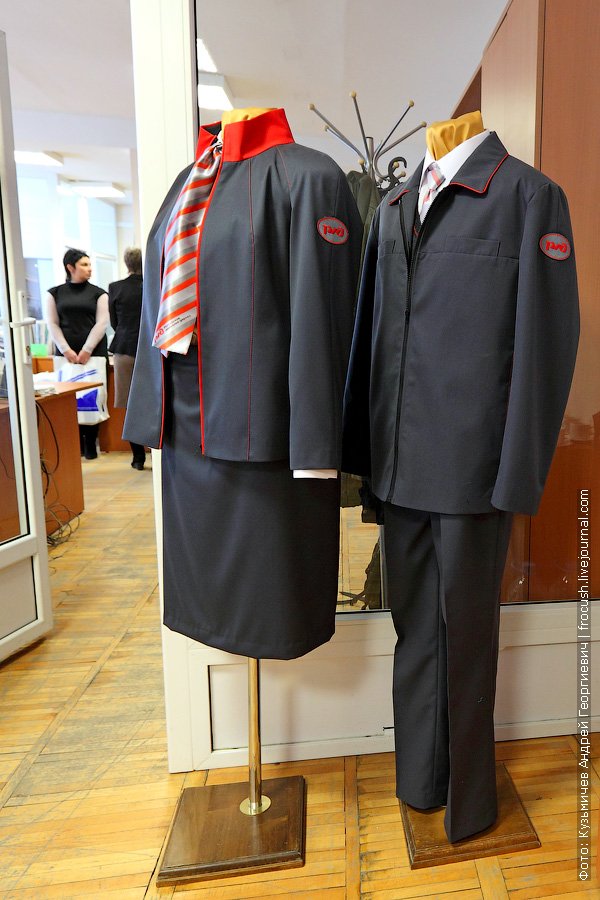
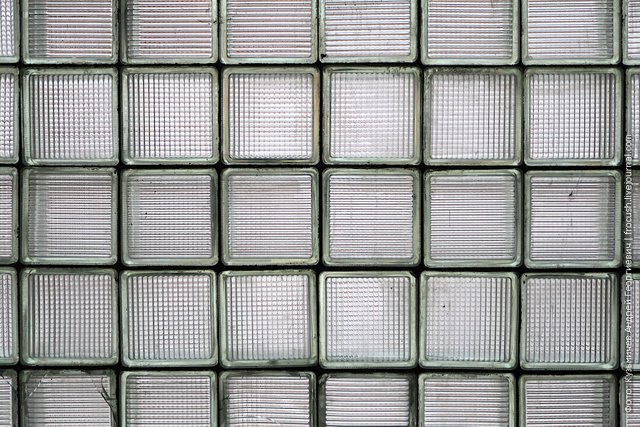
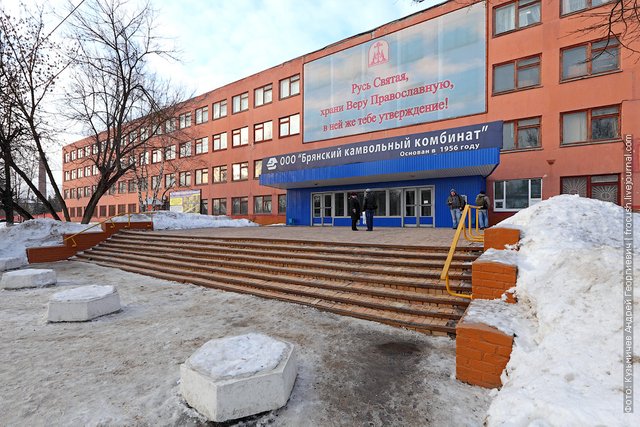
Post was informative but the pictures made it much better.
Thank you for sharing your experiences with getting up and running. Keep on working at it. Perseverance and hard work are the keys to success. @frocush